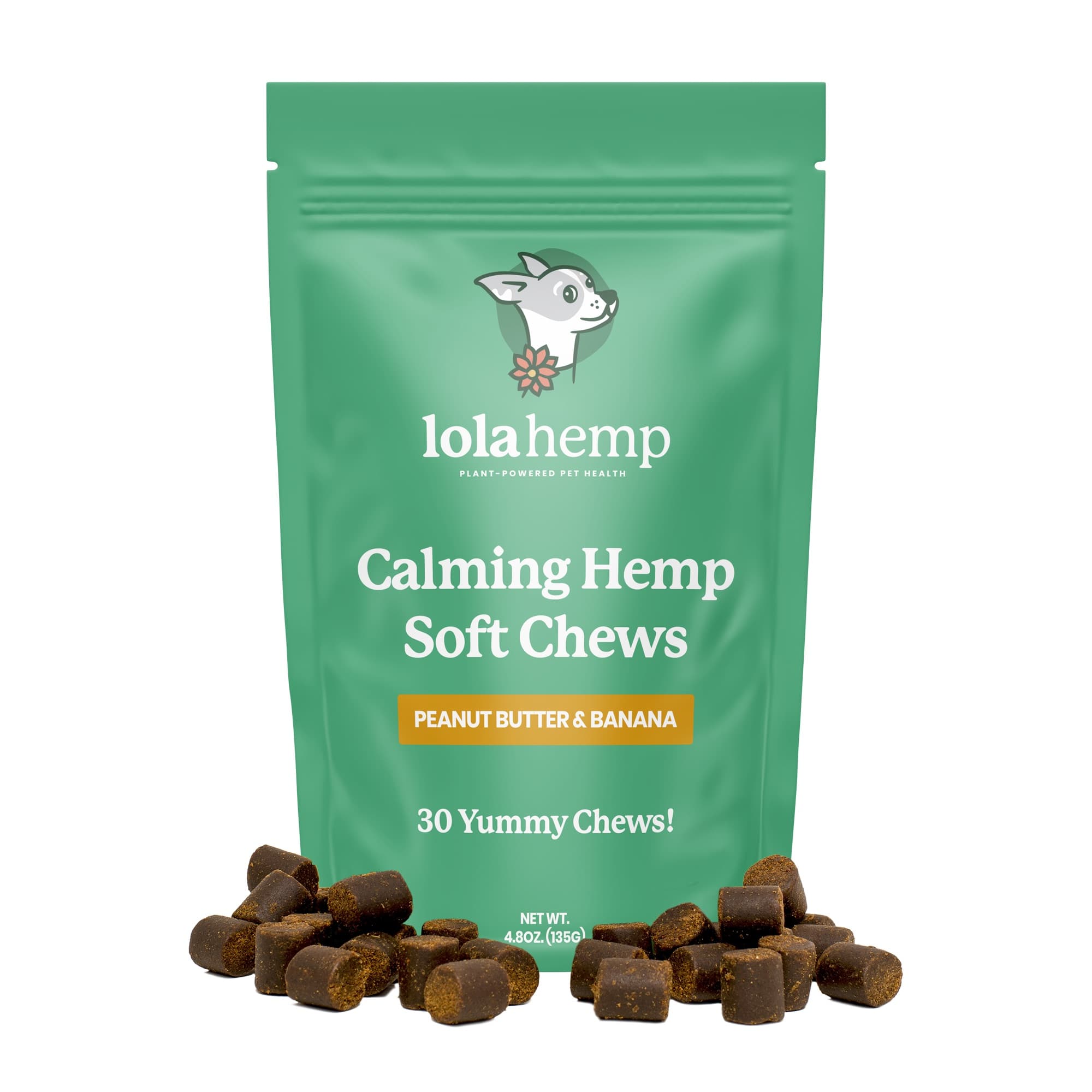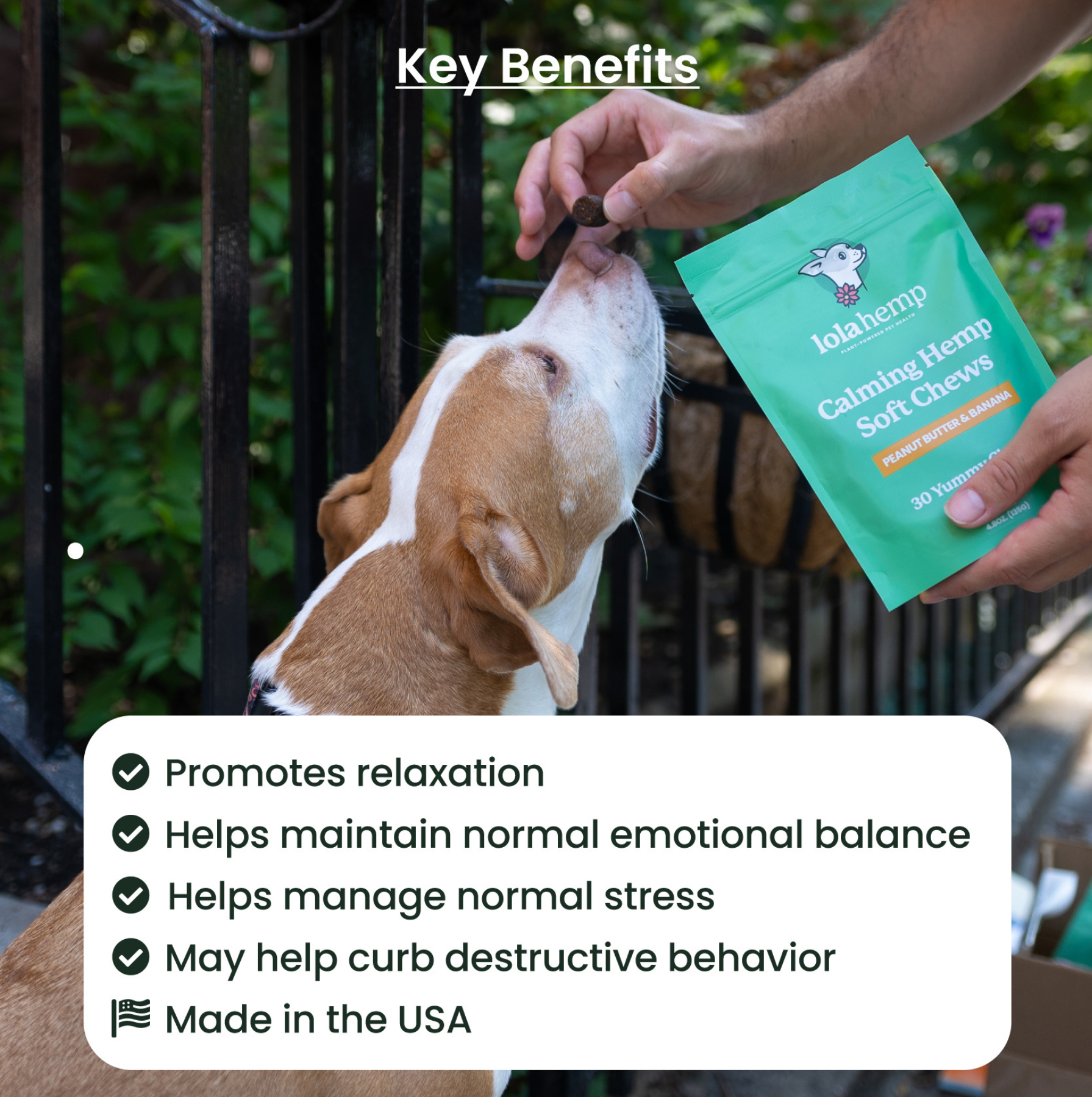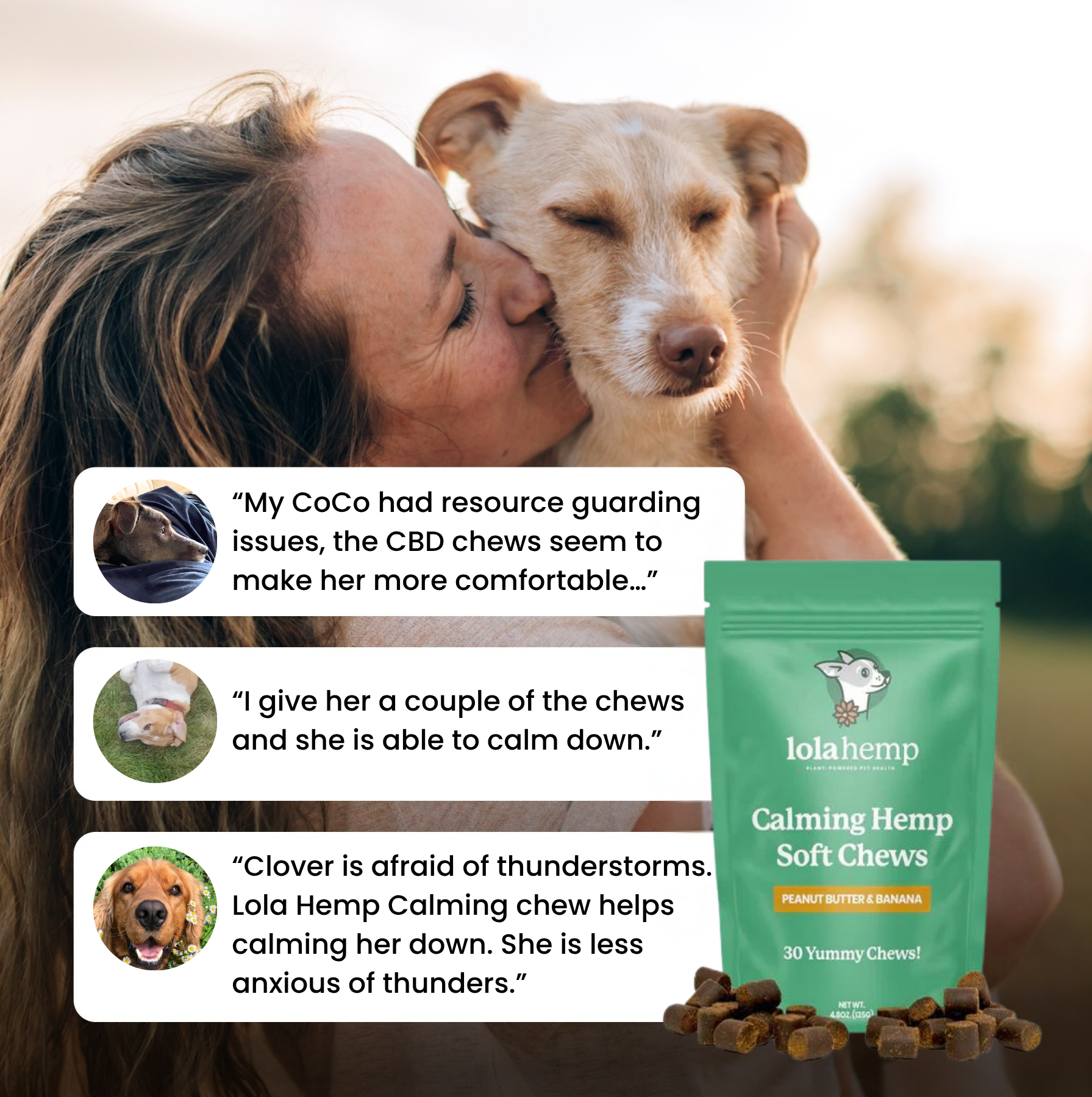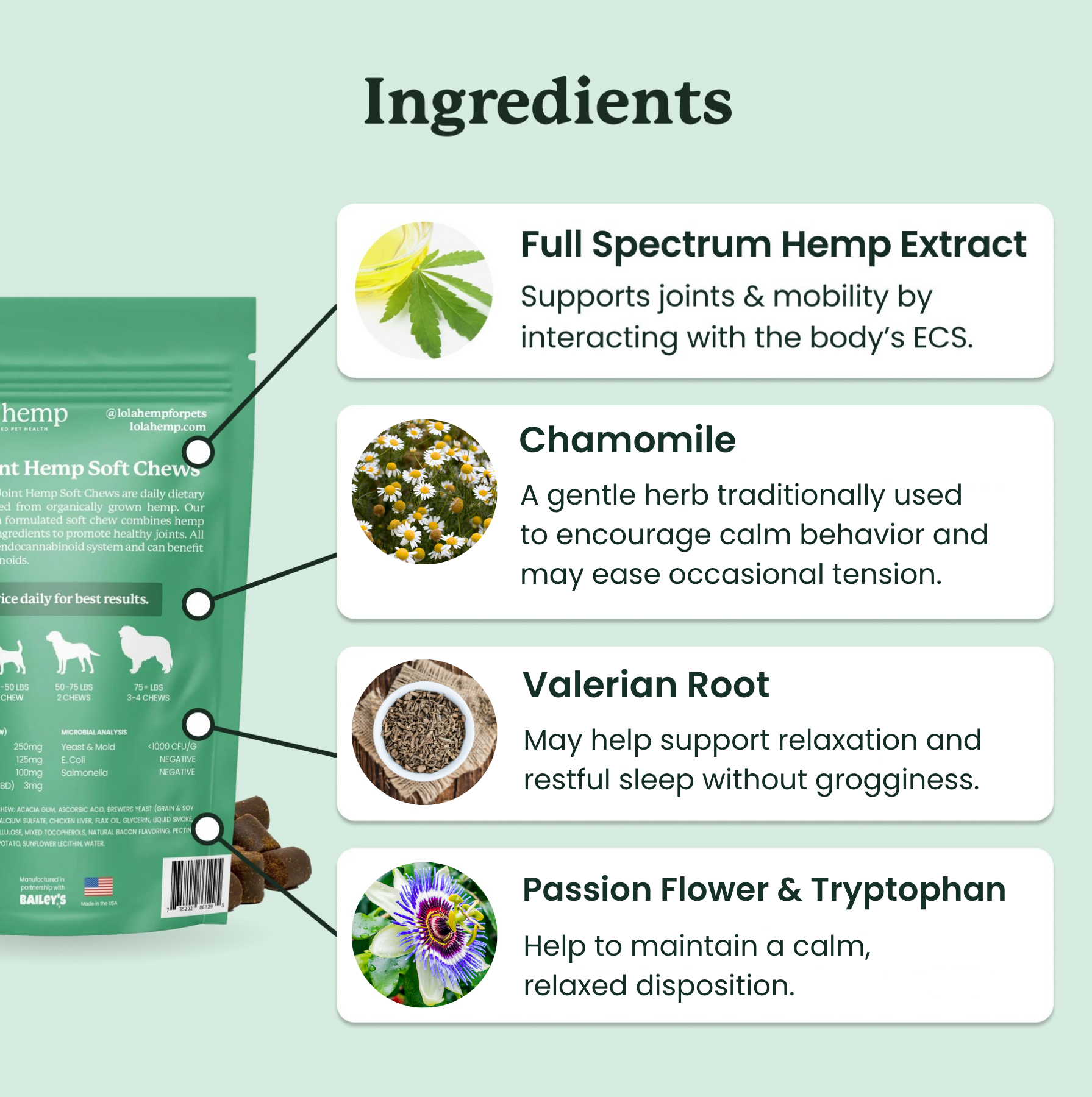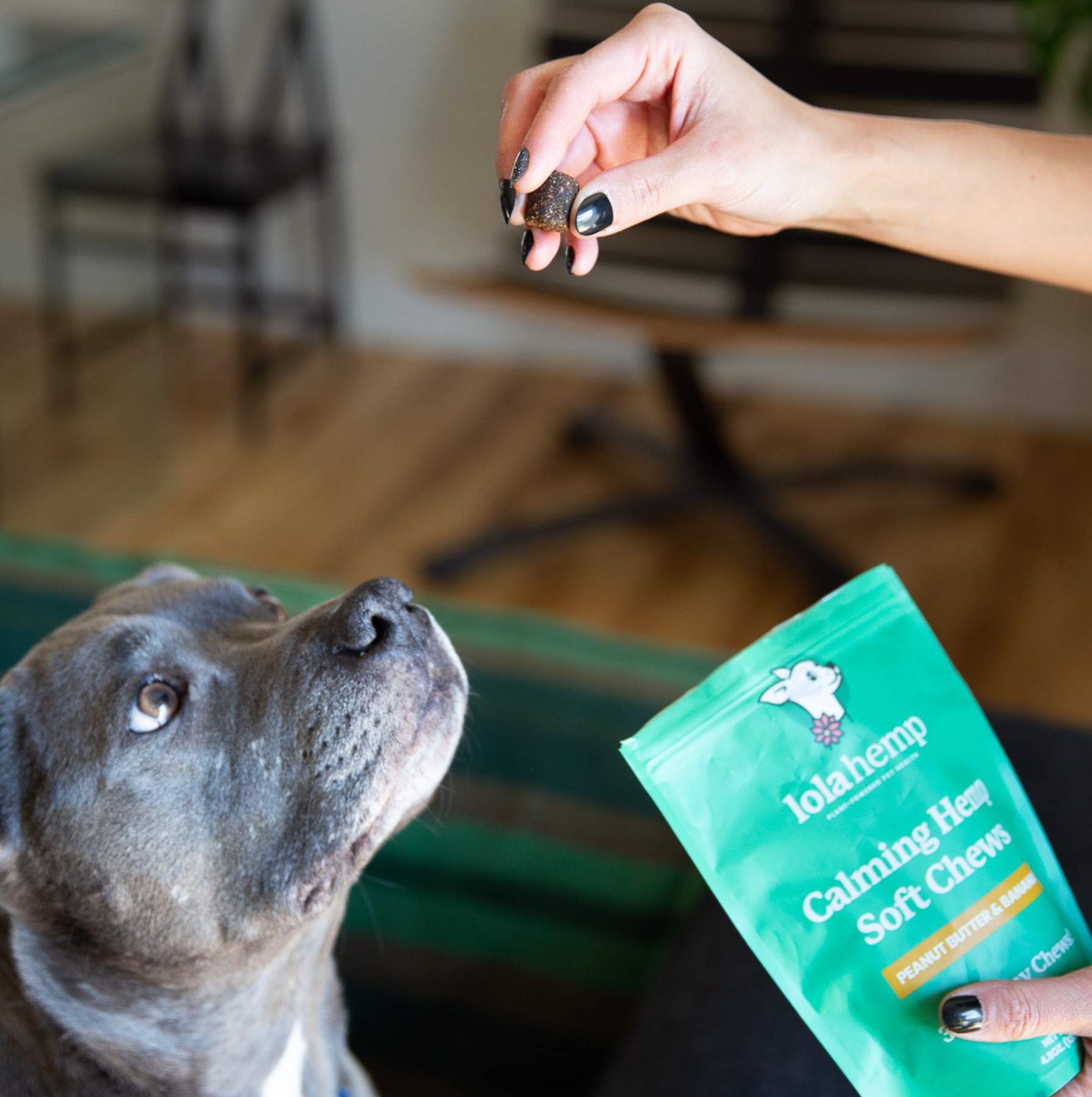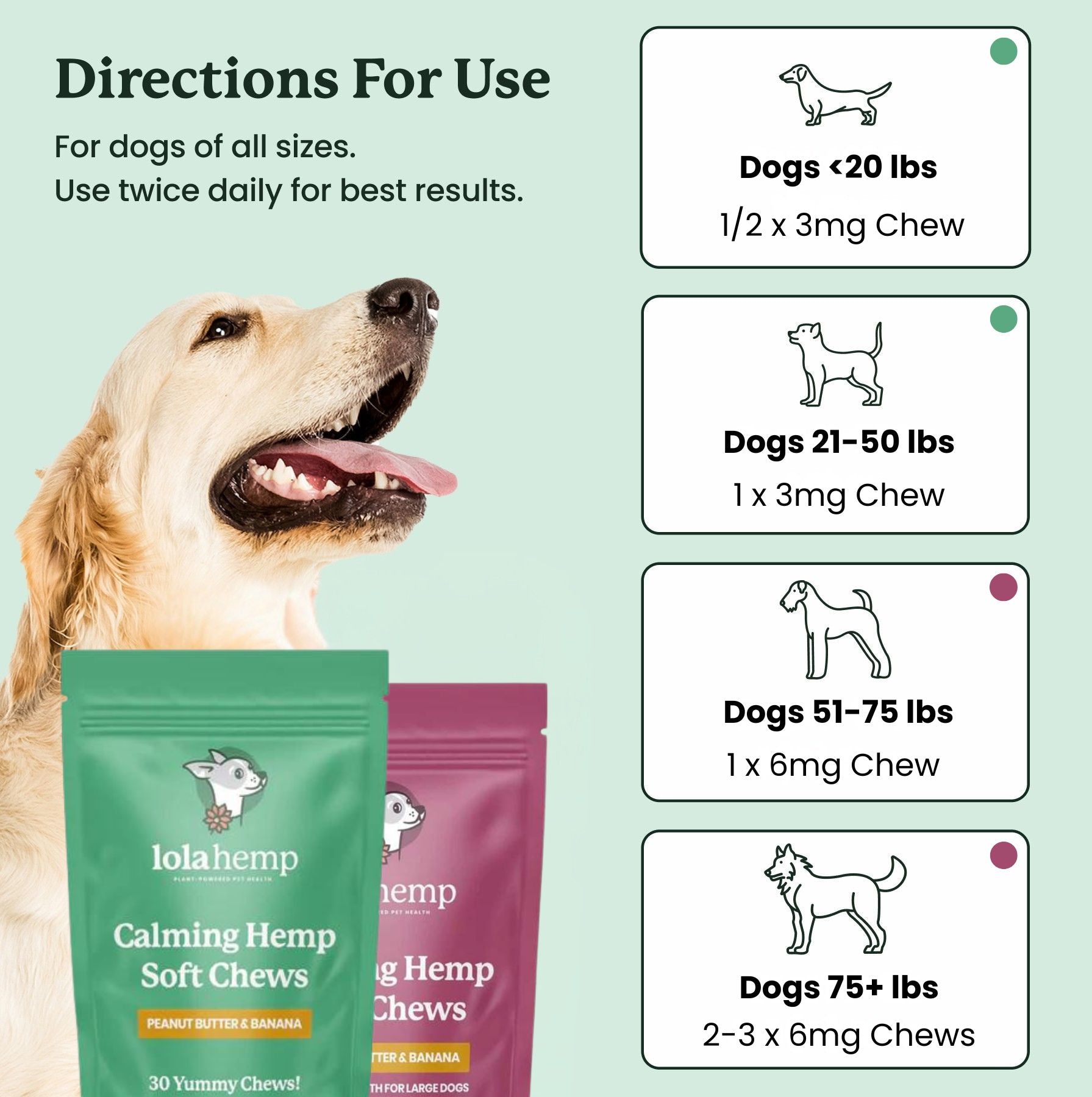
Welcome to our thorough guide on Pug care and well-being. Pugs, with their expressive faces and compact, muscular bodies, are known for their sociable and loving nature. In this guide, we dive into the essentials of Pug care, covering everything from grooming and exercise to nutrition and temperament.
Although pugs are cuddly balls of fun in most cases, they require dedicated care. We'll discuss grooming must-haves, the role CBD products may play in skin care and grooming, the importance of exercise routines suited to their physical structure, and how CBD could potentially contribute to their overall health. We'll also examine their unique temperament and how CBD may assist in managing stress. Finally, we’ll address their health, pinpointing specific breed concerns and discussing how CBD might offer support.
Join us on this journey to ensure the best care for your beloved Pug.
Pug Grooming
Pugs have a short, smooth coat that requires regular grooming due to their shedding. Frequent brushing helps to minimize hair loss and maintain a healthy coat. Due to their wrinkles, it's important to clean these areas carefully to prevent skin irritation.
Skin folds can be warm, damp areas for bacteria to grow and progress to a point of concern. Regular grooming, inspection, and washing are critical to maintain your pug’s wellbeing.
Regular ear cleaning, nail trimming, and dental care are also vital to their overall health.
Pug Grooming & CBD
CBD-infused products might offer benefits for Pugs dealing with skin sensitivity or discomfort. While no direct evidence confirms these effects, anecdotal reports suggest that CBD balms or treatments can be soothing. Always consult a veterinarian before using CBD products for your Pug's grooming routine.
Pug Exercise
Pugs aren't overly energetic, but they do require daily exercise to manage their weight and keep their joints healthy. Moderate walks and playtime are adequate for these little companions. Due to their brachycephalic nature, it's important to avoid strenuous exercise, especially in hot or humid weather, to prevent breathing difficulties.
If you’re ever wondering if it’s too hot for your pug to play outside or if the walk you’re planning could be too long for his or her little legs, air on the side of caution. On those hot days, your pug will be safer getting their exercise indoors where it’s nice and cool.

Pug Exercise & CBD
For the occasional discomfort after exercise, some Pug owners have considered CBD products for relief. While research continues, some anecdotal evidence suggests that CBD may help. Consultation with a veterinarian is important when considering CBD for your Pug's post-exercise routine.
Further, CBD could be helpful for older pugs experiencing struggles with mobility.
Pug Temperament
Pugs are known for being gentle, friendly, and eager to please their owners. They thrive on human companionship and can be quite playful. Training should be done with patience and positive reinforcement due to their sensitive nature.
Depending on the pug, these little furballs can also be stubborn. Training is possible, but it’s important to manage your expectations and celebrate progress whenever it comes!

Pug Temperament & CBD
CBD may have a calming effect on Pugs in stressful situations. If considering the use of CBD for your Pug's anxiety or stress, it's crucial to do so under the guidance of a veterinarian and with high-quality CBD products.
Pug Health
Pugs can be predisposed to certain health issues, including obesity, brachycephalic syndrome, and skin allergies. Regular check-ups with your vet and a keen eye on their day-to-day health can lead to early detection and treatment.
Pug Health & CBD
While CBD is not a cure-all, it may provide support for certain occasional discomforts in Pugs. As always, any consideration of CBD use should be discussed with your veterinarian to ensure it complements your Pug's health regimen.
Pug FAQ
How much CBD can a Pug have?
The right amount of CBD for a Pug will differ from that of a Great Dane due to size differences. Consult with a vet for proper dosing. Further, inspect the dosing instructions of the products you’re considering.
Typically, CBD doses are given in relation to your dog’s weight but not necessarily the issues they’re facing.
Is it OK to use CBD oil on dogs?
CBD oil can be used on dogs, but choose products specifically designed for pets and consult with a veterinarian beforehand. Never give your dog a CBD product intended for humans, it likely contains much higher concentrations of active ingredients that could be harmful to your Pug.
What can CBD treat in dogs?
CBD may assist with managing conditions such as stress or discomfort in dogs, but it's important to have realistic expectations and consult with a vet.
Do vets recommend CBD?
Some vets may be open to the use of CBD, while others are more cautious. Always discuss this with your vet.
Does CBD work immediately on dogs?
The effects of CBD can vary; some may notice quick results, while others may not see immediate changes.
Will CBD make dogs sleep?
CBD may promote relaxation, which could lead to sleepiness in some dogs.
Does CBD give dogs energy?
CBD is not typically associated with an increase in energy. Dogs who experience a boost in mobility or reduced anxiety may show more energy as a result of these secondary changes.
How often should dogs take CBD?
The frequency of CBD administration should be based on a veterinarian's recommendation.
Can CBD affect a dog's liver?
High doses of CBD have the potential to affect liver enzymes, so monitoring and veterinary consultation are important.
Should I give my dog CBD before or after eating?
Absorption can be improved with food; however, consult with a vet for specific advice.

